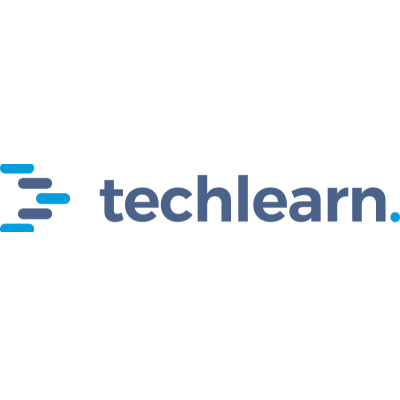The complexities of such cloud systems and services are evolving to incorporate the other technologies that surround it such as big data, security and virtualisation. Having a good understanding of cloud computing is invaluable to those who work in those environments.

Overview
Today using a network of remote servers hosted on the Internet to store, manage, run applications and process data, rather than a local server or a personal computer/device is a given.
The complexities of such cloud systems and services are evolving to incorporate the other technologies that surround it such as big data, security and virtualisation. Having a good understanding of cloud computing is invaluable to those who work in those environments.
Who the course is for
This course is designed for individuals who are responsible for implementing cloud solutions to paying clients
What you'll learn
Popular cloud computing platforms
Introduction to Virtualisation
Introduction to various service models – Iaas, Paas and Saas
Introduction to deployment models
Cloud Architecture
Emerging trends in cloud computing
Prerequisite
None Required
Techlearn’s short and focussed educational programs are curated by Industry experts and qualified trainers to create a future forward experience
We are excited to have you on board as a student; your success is our goal, so trust us to guide you through your the learning journey.
We offer a range of practical training courses that focus on what we believe are “up-and-coming” core technologies; such as mixed reality, autonomous control, drones, the Internet of things to name a few
© 2025 coursetakers.com All Rights Reserved. Terms and Conditions of use | Privacy Policy